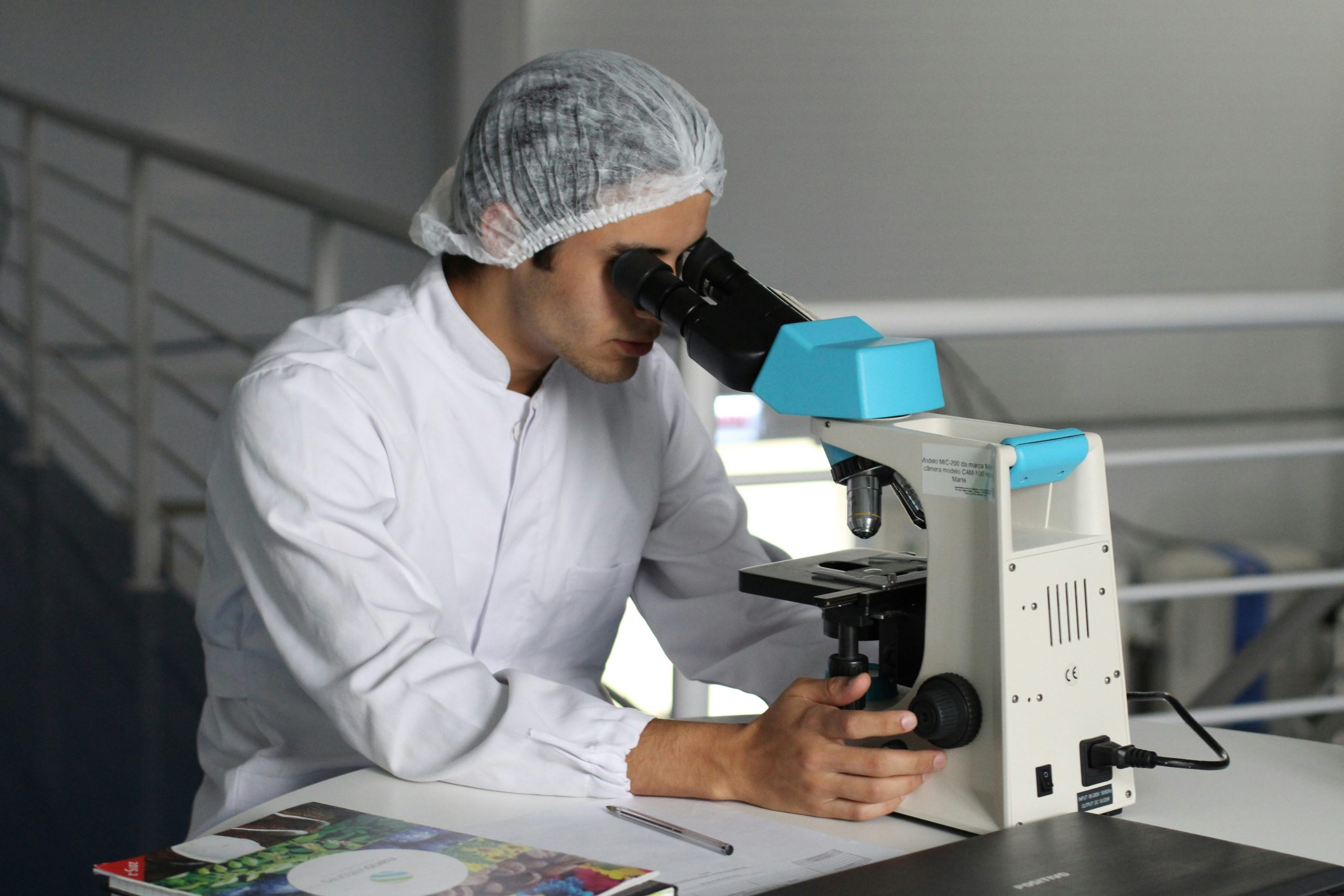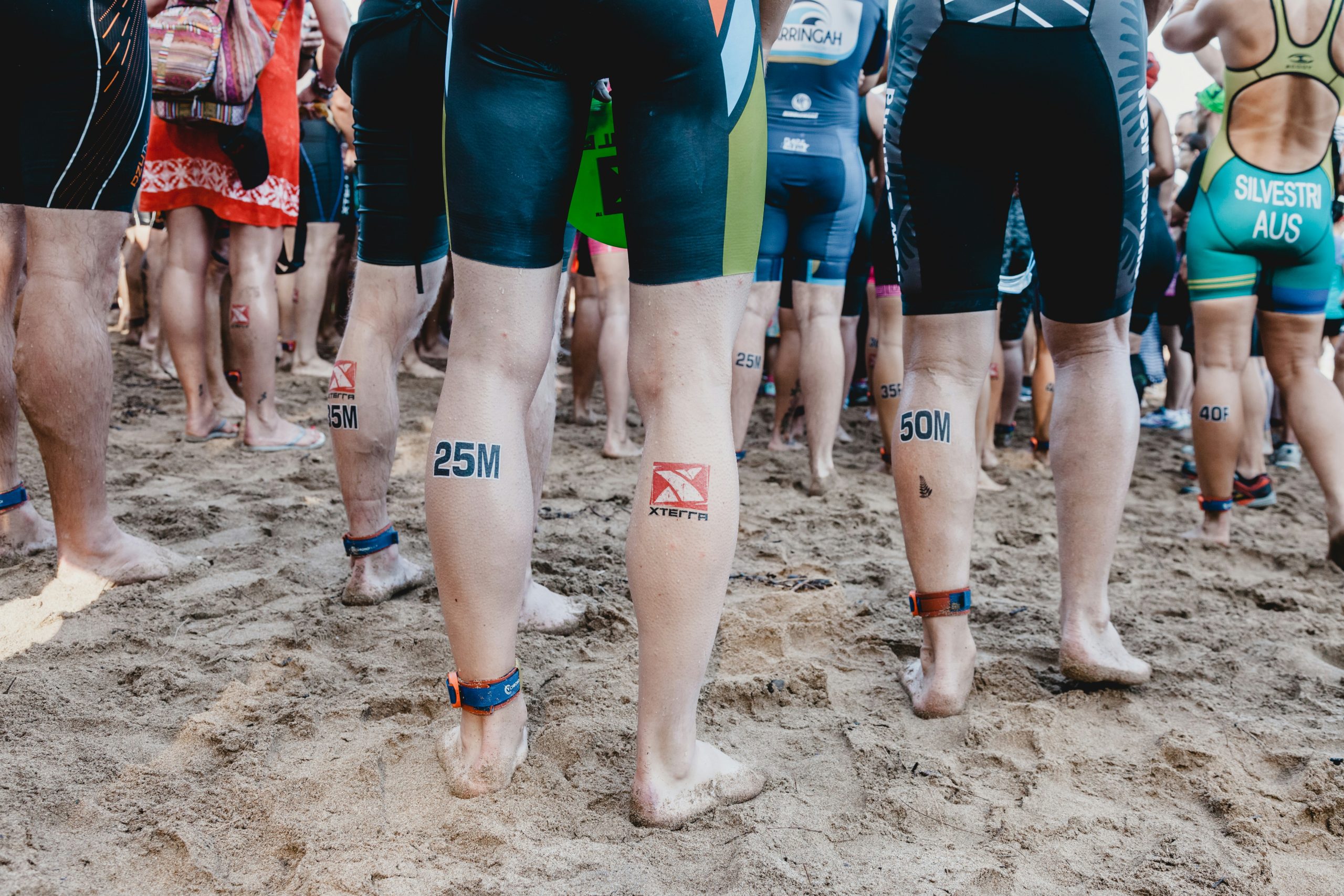
Innovative Approaches to Sports Nutrition
Introduction
Sports nutrition plays a crucial role in optimizing athletic performance and recovery. Athletes are constantly seeking innovative approaches to enhance their nutrition regimens to gain a competitive edge. This article explores some of the latest trends and strategies in sports nutrition, backed by scientific research and practical applications.
Personalized Nutrition Plans
Personalization is a key trend in sports nutrition, moving away from one-size-fits-all approaches to tailored plans that consider individual differences in genetics, metabolism, and training goals. Technologies such as DNA testing and continuous glucose monitors help in creating personalized nutrition plans that optimize nutrient timing and composition for each athlete’s unique needs.
Case Study: DNA-Based Nutrition
For example, a study published in the Journal of the International Society of Sports Nutrition demonstrated that athletes who followed genetically tailored nutrition plans showed improved performance outcomes compared to those on generic plans. This approach highlights the potential of personalized nutrition in sports.
Functional Foods and Nutritional Supplements
Innovative sports nutrition strategies often incorporate functional foods and targeted supplements that go beyond basic macronutrient requirements. These include antioxidant-rich foods, probiotics, and specific amino acids like beta-alanine or branched-chain amino acids (BCAAs) known to support muscle recovery and endurance.
- Antioxidants: Foods rich in antioxidants such as berries and leafy greens help combat oxidative stress caused by intense exercise.
- Probiotics: Gut health is increasingly recognized as critical for overall well-being and performance. Probiotic supplements can aid digestion and nutrient absorption.
- Amino Acids: Supplements like BCAAs are popular for their role in muscle protein synthesis and reducing muscle soreness post-exercise.
Nutrient Timing and Periodization
Nutrient timing and periodization involve strategically adjusting nutrition intake based on training cycles and competition schedules. This approach optimizes muscle glycogen stores, supports recovery, and enhances adaptation to training stimuli.
Quote:
“Timing of nutrient intake to optimize recovery and performance is crucial in sports nutrition. It’s not just what you eat, but when you eat it.” – Dr. John Smith, Sports Nutritionist.
Hydration Strategies
Proper hydration is fundamental for athletic performance. Innovative hydration strategies include personalized fluid intake plans, electrolyte-enhanced beverages, and the use of wearable technology to monitor hydration status in real-time.
Case Study: Electrolyte Monitoring
Athletes using wearable devices that measure sweat electrolyte concentrations can adjust their hydration strategies during training or competition to maintain optimal electrolyte balance. This approach prevents dehydration-related performance declines.
Technology Integration
Advancements in technology have revolutionized sports nutrition. Apps and wearable devices track dietary intake, monitor biomarkers, and provide real-time feedback, empowering athletes and coaches to make data-driven decisions.
Quote:
“Technology allows us to quantify how nutrition impacts performance in ways we couldn’t before. It’s a game-changer in optimizing athlete health and performance.” – Dr. Sarah Lee, Sports Scientist.
Conclusion
Innovative approaches to sports nutrition are transforming how athletes prepare, perform, and recover. By embracing personalized nutrition plans, functional foods, precise nutrient timing, advanced hydration strategies, and integrating cutting-edge technologies, athletes can achieve peak performance levels while supporting long-term health and wellness.
By staying informed about these evolving strategies and leveraging scientific insights, athletes and coaches can effectively navigate the complex landscape of sports nutrition to gain a competitive advantage.



